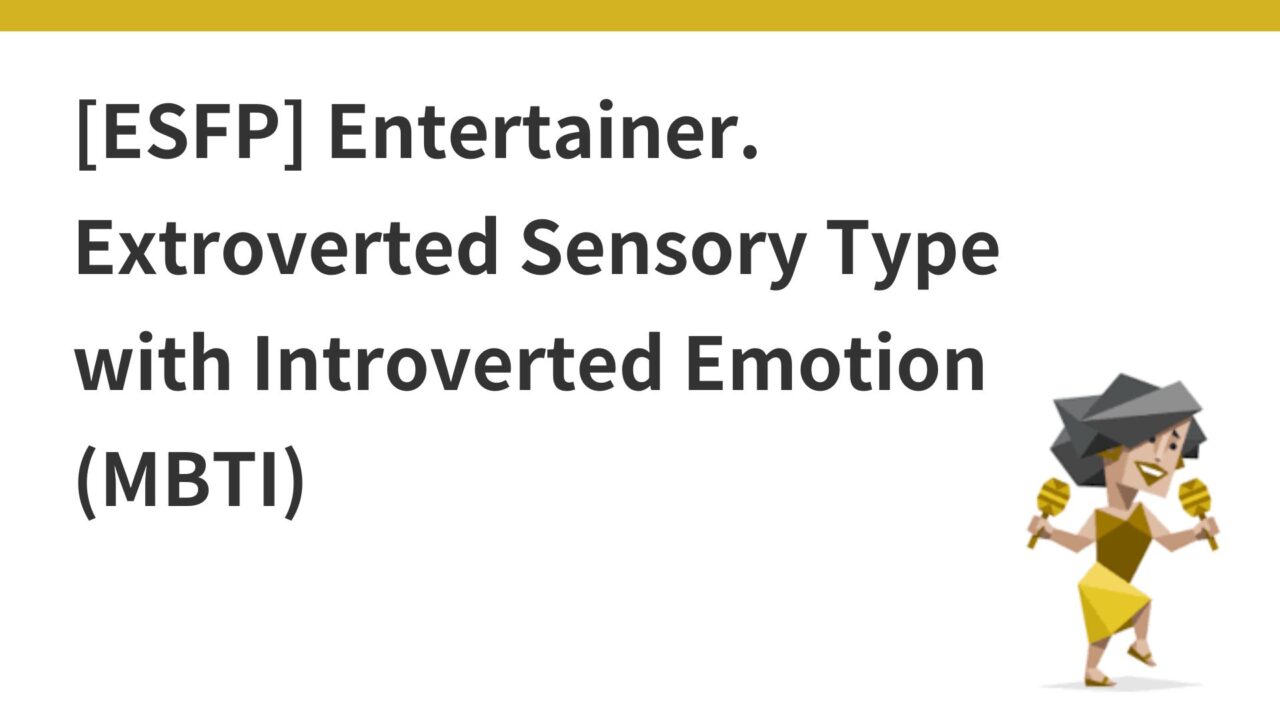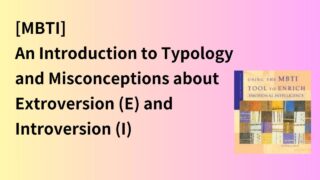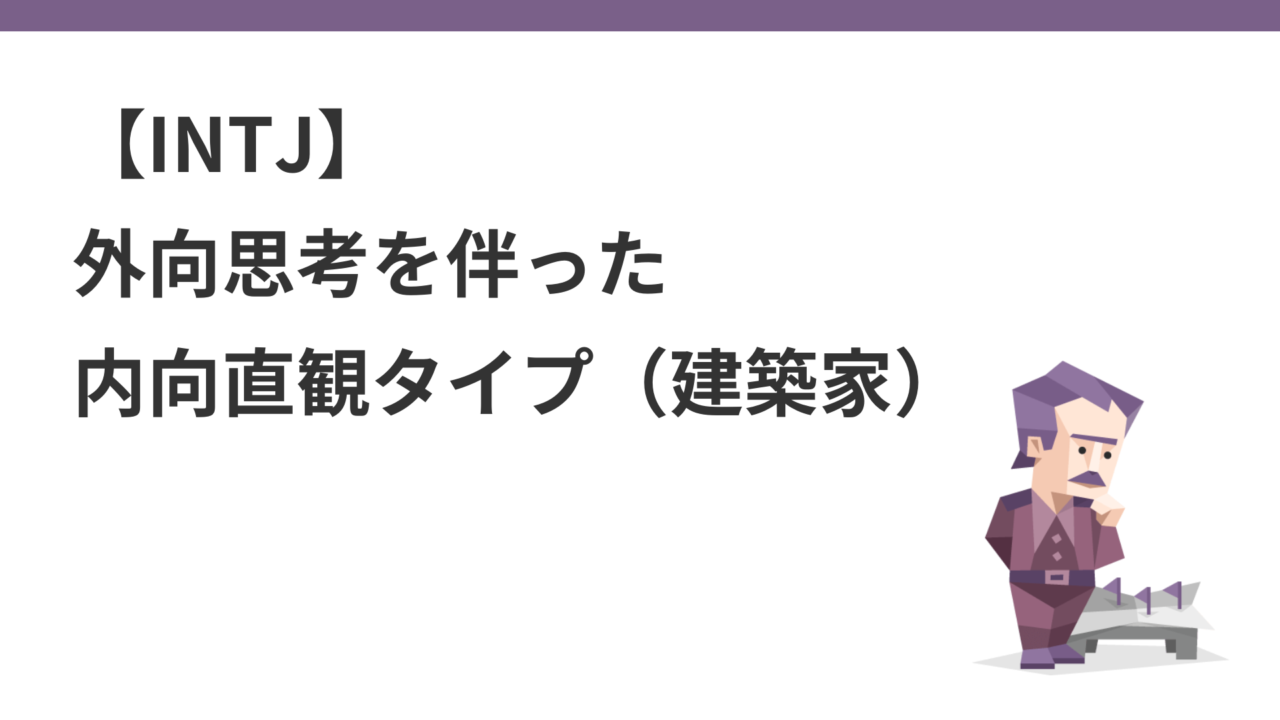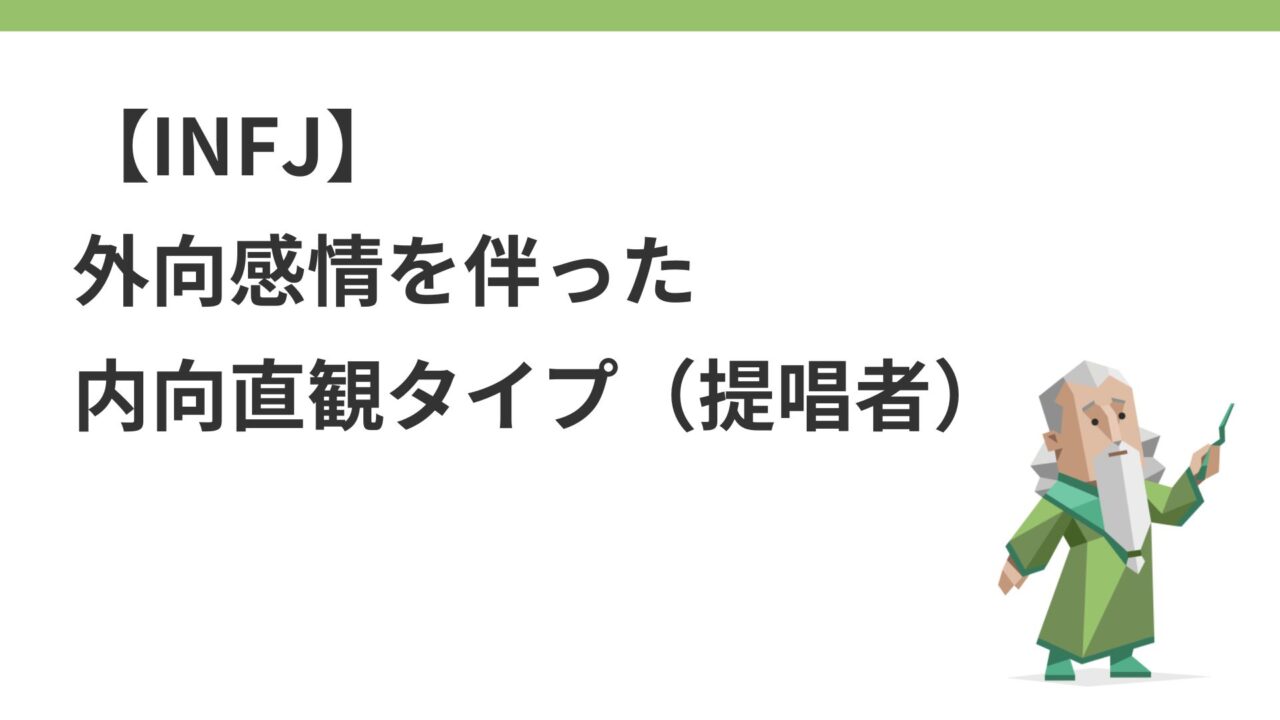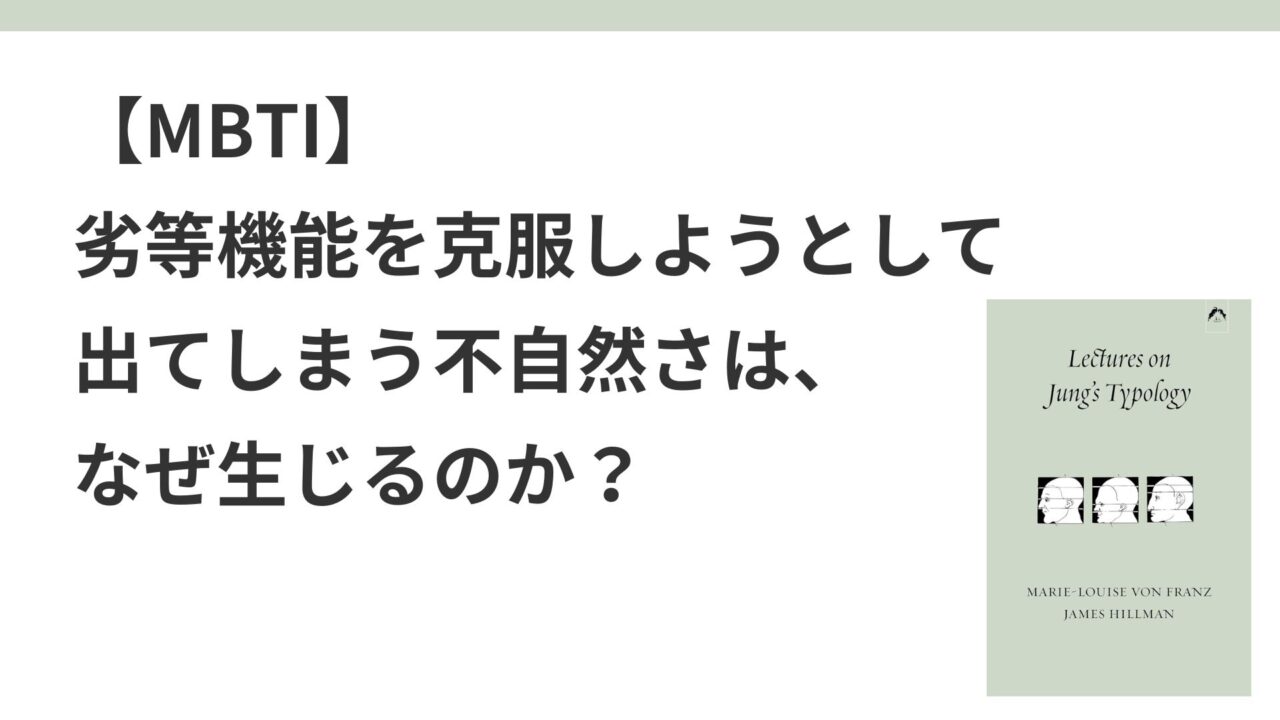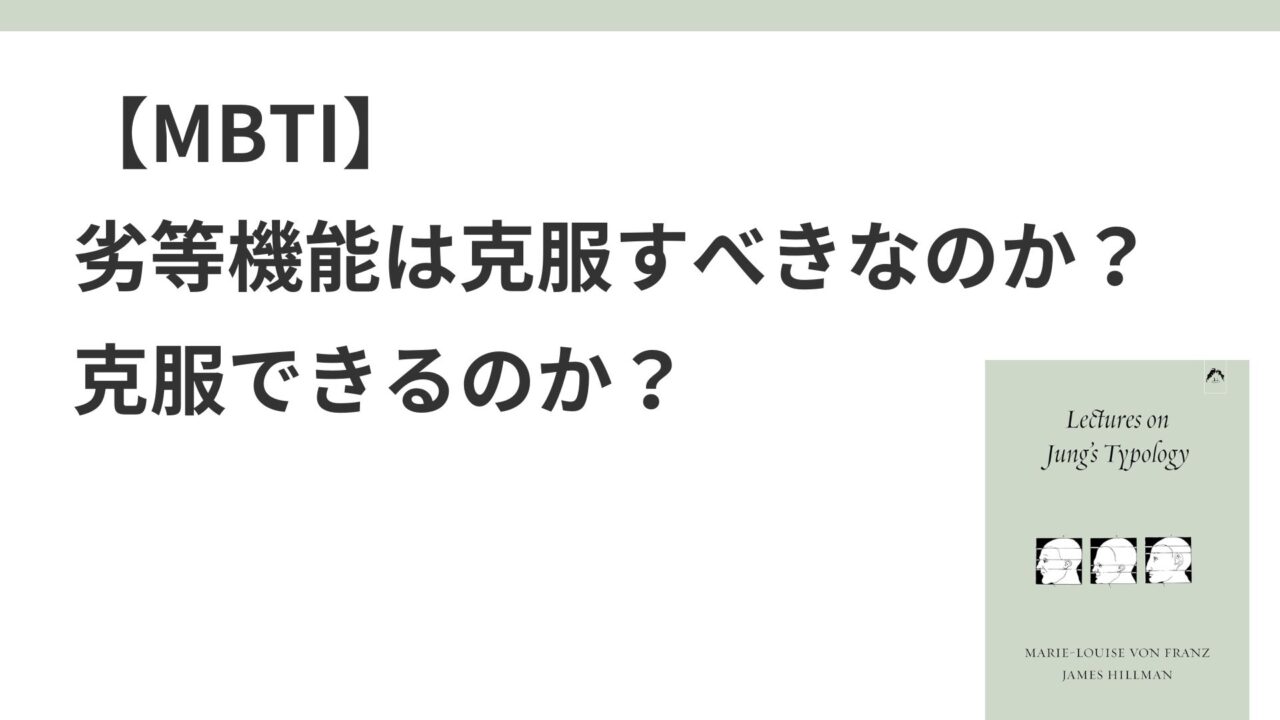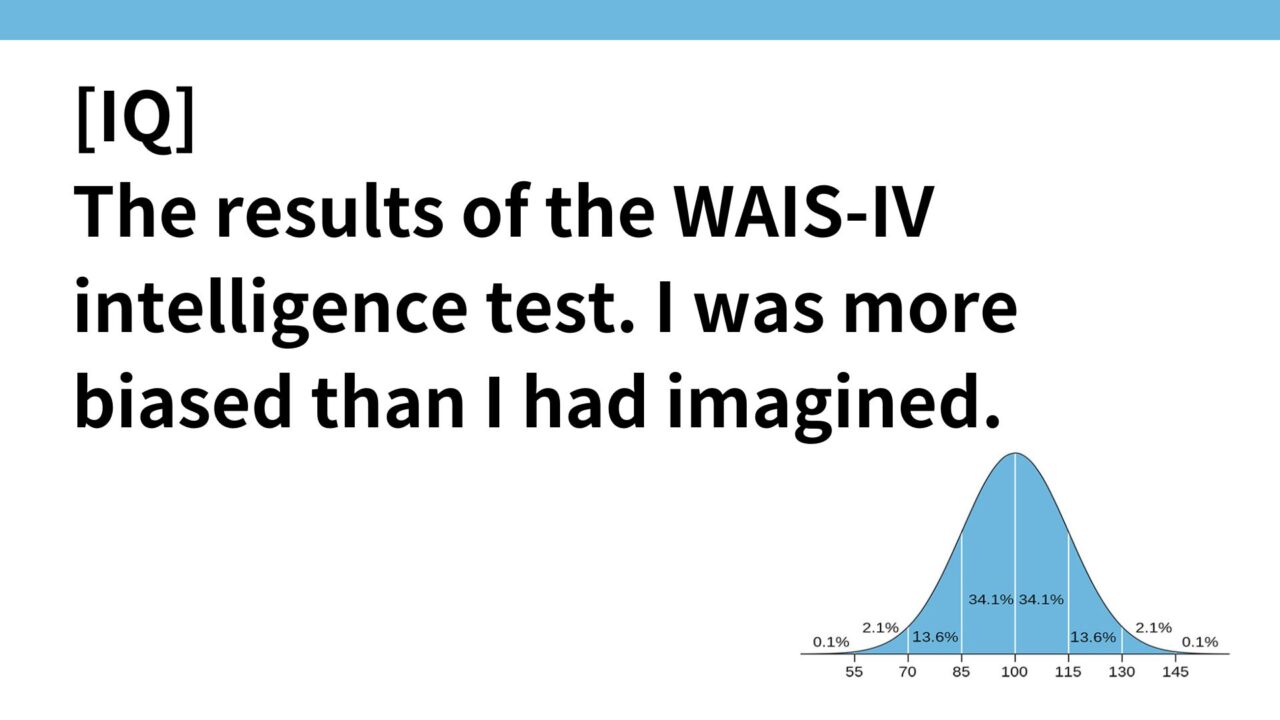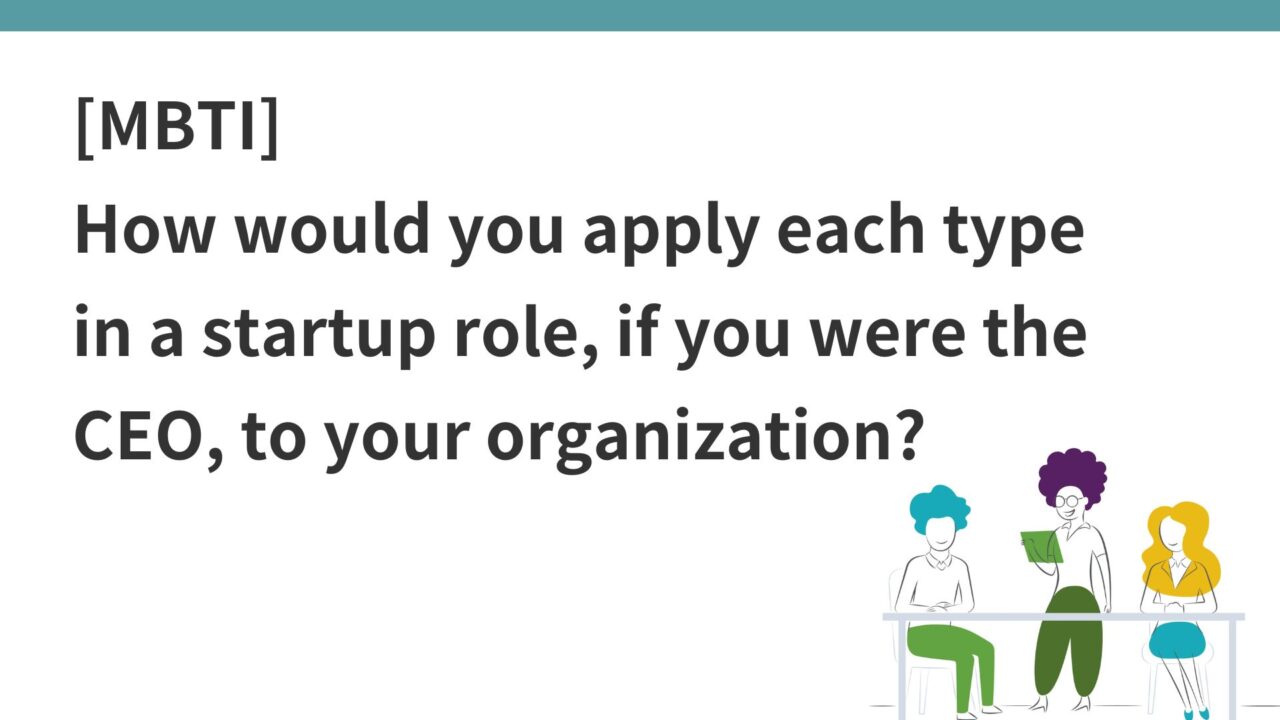- Introduction.
- Public Impressions of ESFP
- Se-Ti: Extroverted sensory type with introverted feelings
- Characteristics and decision-making process for primary and auxiliary functions
- Impression of the ESFP on the surroundings
- To strengthen introverted intuition (Ni) of inferior functions
- Communication Features
- Reactions during stress and points for improvement
Introduction.
I will summarize the following perspectives on each MBTI personality type.
- Public Impressions
- Characteristics of the primary and auxiliary functions and the decision-making process
- Impression to the surroundings
- Inferior Functions and How to Enhance Inferior Functions
- Communication Features
- Reactions during stress and points for improvement
In this issue, we discuss the ESFP.
Public Impressions of ESFP
If you Google ESFP, related searches include “ESFP Yang-Cha,” “ESFP Parisian,” “ESFP social,” and “ESFP realistic.”
Described as “entertainers,” celebrities include Marilyn Monroe and Adele.
Se-Ti: Extroverted sensory type with introverted feelings
Cognitive functions of the ESFP are in order of development as follows
- Primary function (the function you are most aware of): extroverted sensation (Se)
- Auxiliary functions (functions that are well-functioning but difficult to recognize in oneself): introverted affect (Fi)
- Third function: extroverted thinking (Te)
- Inferior function: introverted intuition (Ni)
The following is a brief description of how each cognitive function affects an individual’s perception and behavior
| cognitive function | Inward (i) | Outgoing (e) |
| Intuition (N) | Pattern recognition – inner insights and future predictions | Explore new possibilities – ideas and abstract concepts |
| Thinking (T) | Logical analysis – building internal theories and organizing thoughts | Objective judgment – decision making for efficiency and fairness |
| Emotion (F) | Deep empathy – a deep understanding of personal feelings and values | Social harmony – forming emotional connections with others |
| Sensation (S) | Details of reality – reflection of inner concrete memories and experiences | Actual experience – direct interaction and action with the outside world |
Se-Fi: Judgments are made based on one’s emotions from information obtained through the five senses.
Characteristics and decision-making process for primary and auxiliary functions
Extroverted Sense (Se): Realistic Responsiveness The main function of ESFPs, extroversion (Se), is sensitive to concrete facts and circumstances of reality; ESFPs value direct experience through the senses and quickly choose the most appropriate action in the moment; Se gives ESFPs a realistic and practical approach and the ability to respond to situations in a resourceful manner.
Introverted Feelings (Fi): one’s feelings and values An auxiliary function of ESFP, introverted affect (Fi) is deeply rooted in personal values and emotions; Fi is a function that makes decisions based on an individual’s internal ethics and values; ESFPs place great importance on their own emotions and values, judging things right or wrong, good or bad, based on internal criteria.
When ESFPs work on a new project, they first use their extroverted senses (Se) to quickly assess the reality of the situation and specific details. He or she will observe firsthand the resources needed for the project and the situation on the ground and respond immediately. After assessing the situation, use introverted feelings (Fi) to make decisions regarding the progress of the project based on your values and emotions. Develops a deep understanding of how the project should proceed and what is important to him or her and acts in accordance with those values.
Impression of the ESFP on the surroundings
- Bright and sociable: ESFPs are very sociable and can easily get along with people they have never met before. They are bright and energetic, and energize those around them.
- Fun-loving: Focuses on having fun and is often a central figure at parties and events. Has a good sense of humor and is good at making others laugh. Communicates easily with everyone and is good at making friends.
- Flexible and adaptable: Flexible to change, and adapts quickly to new situations. They are flexible to changes in plans and have good problem-solving skills.
- Immediate decision-making: makes decisions quickly and acts on them immediately. They are decisive and intuitively choose the best course of action. Conversely, because of their tendency to make immediate decisions, they often act without planning, which can result in problems due to lack of preparation
- Superficial relationships: tend to associate widely and shallowly and may have difficulty developing deep relationships. Often have many friends but few close ones.
- Lively and energetic: always active and willing to participate in many activities. His energetic attitude pulls and energizes those around him.
- Emotional overreaction: may overreact to the opinions and criticisms of others. Can be easily emotional and sometimes cause conflict.
My personal impression of ESFP is that it is a group activity.
He is often active with his friends, and on his days off, I have an image of him basically going out and enjoying watching movies, music events, parties, etc. with his friends. They are both sociable and jovial and seem to like having conversations with a group of friends. On the other hand, prolonged 1:1 conversations would be awkward or uncomfortable because the ESFP would get bored.
Tends to socialize more broadly and shallowly than narrowly and deeply, and he wants to do so. They are open to new people and experiences and enjoy an extensive social network.
Also, when working with friends, they often play a supportive role as a second follower, tuning in to someone else (e.g., ESTP) leading, rather than taking a leadership role. This is due to the fact that ESFPs do not necessarily want to take leadership, but rather value cooperation within the group. They prefer to maintain a pleasant atmosphere and develop connections with others rather than the responsibilities and pressures that come with leadership. They are sensitive to the emotional changes in their surroundings and are resourceful in their actions.
While they are so positive that even if they have a bad day, they forget about it as soon as they get out of the house, they tend to put off solving problems. When a problem arises, they are easily swayed by the emotions and circumstances of the moment and often act before thinking deeply.
To strengthen introverted intuition (Ni) of inferior functions
ESFPs have relatively the least developed introverted intuition (Ni), a recessive function.
Introverted intuition is the ability to gain inner insight and deep understanding of future possibilities and patterns. It requires conscious effort and practice to strengthen this.
Have some quiet time
- Develop the habit of quiet time and reflection in daily life. Deepen inner insights through meditation, deep breathing, journaling, etc.
Get into the habit of reading books
- Deepen inner insights, especially by reading books on philosophy, psychology, and futurology. This deepens our understanding of future possibilities and patterns
Interact with introverted types.
- Interact with people who are good introverted intuition (Ni) types (INTJs, INFJs, etc.) and learn their ideas and approaches. This allows for different perspectives and insights.
What we need to learn to respect different types
Incidentally, the types with this introverted intuition (Ni) most developed are INTJs and INFJs; INTJs and INFJs are always thinking about future possibilities and patterns in their minds.
The attitude of INTJs and INFJs who try to judge their actions based on future possibilities as well as actual circumstances may be helpful in striking a balance and may be helpful in many ways.
ESFPs need to learn to respect different types, that not being included is not always due to dislike or indifference to the other person; that some people do better on their own.
Communication Features
Sociable and open
- He enjoys interacting with people and is quick to open up to new people. His open and friendly demeanor puts everyone around him at ease. He is always ready to help, “Let’s all go out together! I found a new restaurant, it’s definitely fun!”
Positive and optimistic
- Has positive energy and an optimistic viewpoint. Able to cheer up those around them. He says, “Don’t worry, we’ll manage somehow! Let’s just have fun for now!”
inattention
- May be vulnerable to new stimuli and have difficulty concentrating. May miss important information. They may say, “I’m sorry, what were we talking about? I was distracted by something else.”
I am not good at deep discussions
- They are less interested in in-depth discussions and abstract topics, and tend to engage in shallow conversations.
Easily emotional.
- May easily react emotionally to criticism or negativity and lacks composure. Has violent emotional swings that can affect those around him or her.
Reactions during stress and points for improvement
When exposed to stress, ESFP can trigger a series of typical reactions, as the primary function, extroverted sensation (Se), is over-expressed and introverted intuition (Ni), an inferior function that is not usually used, emerges.
When in an overly critical, confrontational, or non-supportive environment, they are more likely to experience stress.
Reactions under stress
- Emotional overreaction: may become emotionally unstable and overreact to minor things. They may become tearful or angry. ‘Why do you say that? It really hurts my feelings!”
- Impulsive Behavior: When stressed, ESFPs may engage in impulsive behavior as an escape from reality. For example, they take more unplanned trips and wasteful spending. They may say, “I don’t want to think about anything else; I just don’t feel like it! Let’s just do something fun right now!”
- Excessive Stimulus Seeking: When stressed, people seek even stronger stimulation and may become overly dependent on parties and adrenaline-fueled activities. ‘I have to do something more stimulating to calm down!’
- Over-expression of introverted intuition (Ni) : The normally underused introverted intuition (Ni) is over-activated and leads to extreme future anxiety and pessimistic scenarios. ‘I feel like this is all going to go wrong…maybe there’s nothing I can do about it.’
Key Points for Improvement
Have time to relax
- Have time to relax on a daily basis and develop the habit of curbing excessive behavior. Incorporate relaxation techniques such as meditation, yoga, and deep breathing.
Take the long view
- Be aware of long-term goals and plans, rather than escaping to short-term pleasures. Thinking about what we can do now for the future will lead to a fundamental solution to stress.
Have time for reflection
- Take time to reflect when you feel self-doubt or helplessness. Develop the habit of thinking deeply about the future to strengthen introverted intuition (Ni).
